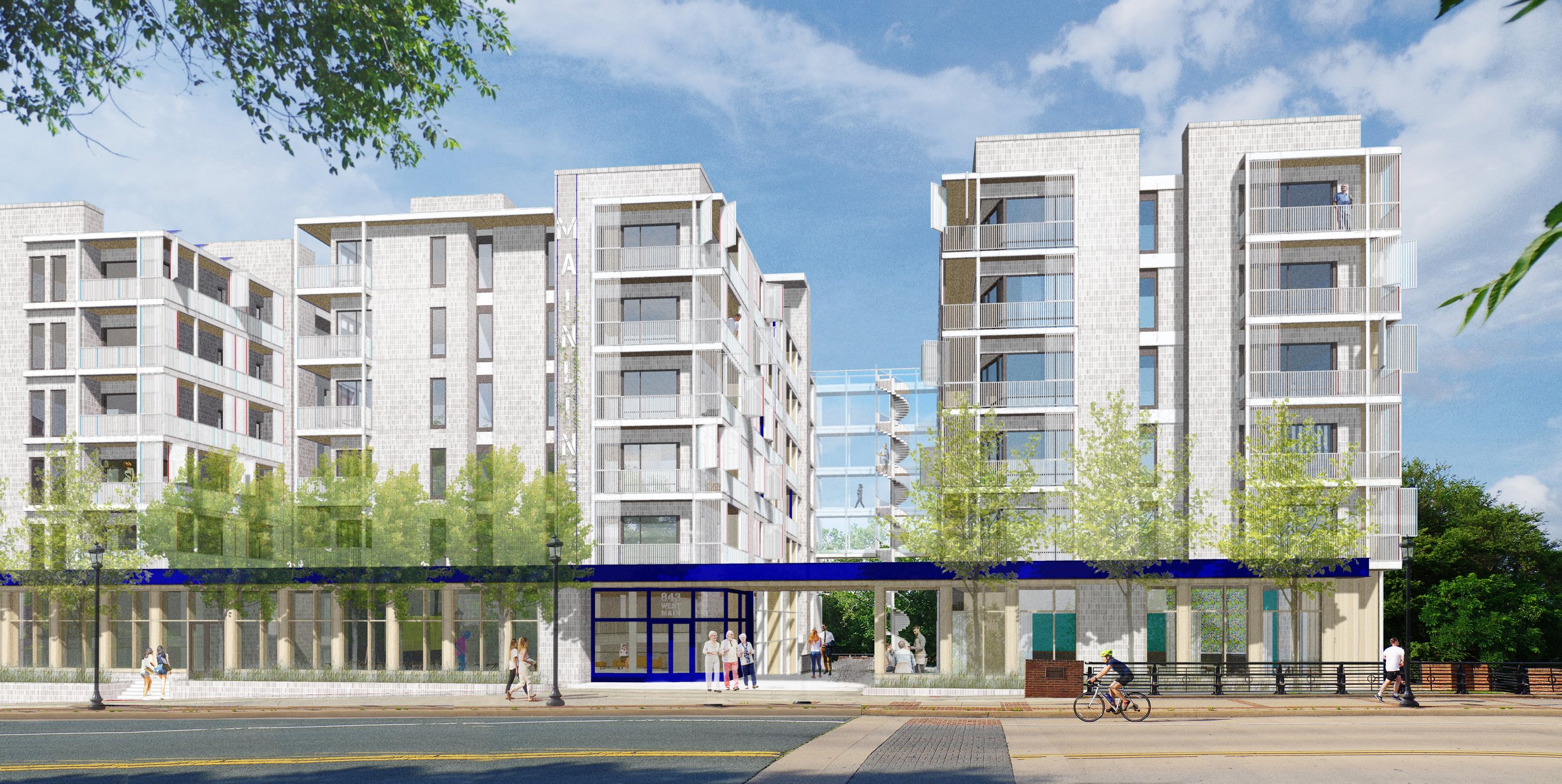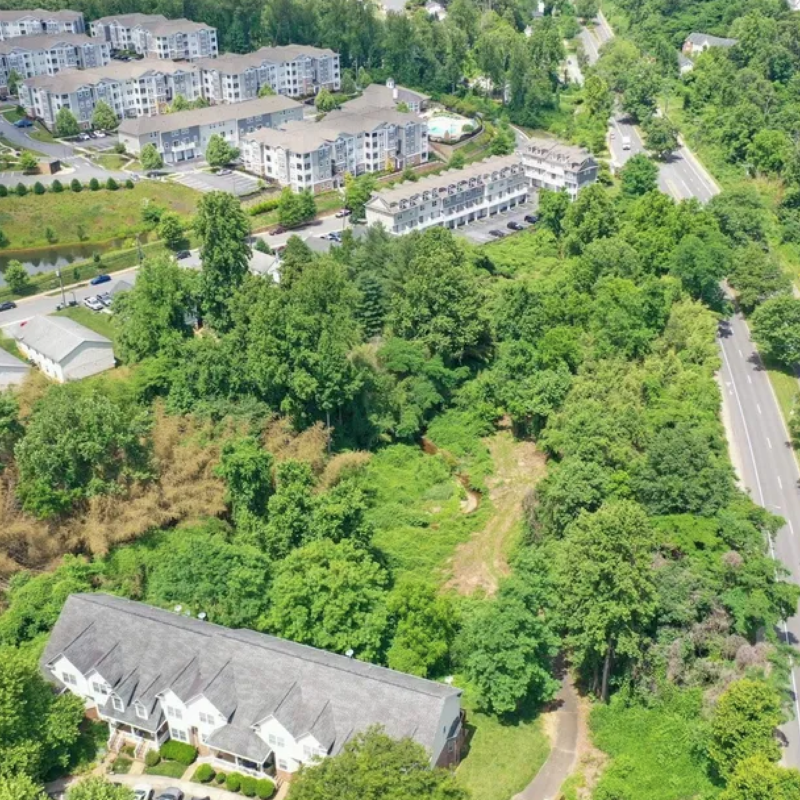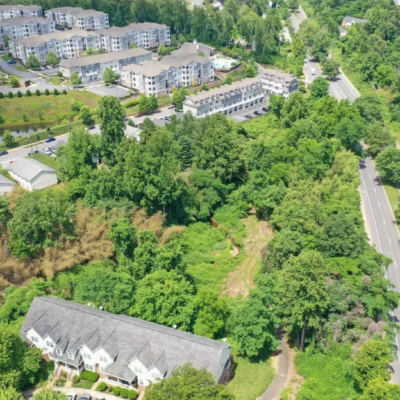The development community has filed dozens of applications under a new zoning code Charlottesville City Council enacted in late 2023 in order to increase the number of residential units that could be built and address what housing activists argue is a shortage.
That future was put in doubt by a ruling in Charlottesville Circuit Court on June 30 that voided the new rules on account of a technical error. A group of property owners filed a suit in early 2024 that argued the city did not follow Virginia law and regulations. They claim the city needed to submit the plans to the Virginia Department of Transportation for the agency’s analysis of whether the city’s road network could handle the additional density.
The case was scheduled to go to trial in June 2026, but Judge Claude Worrell’s motion for default judgment wiped that off the schedule. Within days, the city announced it would put a hold on accepting new applications.
On July 11, Charlottesville reversed course.
“As of today, we are still operating under the 2024 Development Code, pending the circuit court’s issuance of a formal, written order,” said Afton Schneider, Charlottesville’s director of communications and public engagement.
Schneider said the city is negotiating with the plaintiffs in White v. Charlottesville to try to find a settlement.
“If those efforts are unsuccessful, the city intends to ask the court to reconsider its decision and file further appeals if necessary,” Schneider said. “If those efforts are unsuccessful, the city is prepared to move as quickly as possible to re-adopt the code.”
Applications will be accepted but not yet reviewed until the city has permission to proceed.
Mike Derdeyn, an attorney for the plaintiffs, did not respond to a request for comment by press time.
A major theme of the new rules is that density and height in most projects would be allowed by-right, which means City Council would not have to approve them. One such project would see 157 units built in a seven-story building on Seventh Street SW on land zoned Residential Mixed-Use 5.
John Matthews is one of the architects for that project and said Worrell’s ruling will continue to affect the local economy.
“This action by the court, due to the error of the attorneys, threatens to put approximately 60 percent of our work on hold,” Matthews said in an email, adding that nearly $390 million in construction projects could be paused and never resumed.
Matthews said he is hoping that Worrell might reconsider the default judgment, but also wants the city to be prepared with a Plan B if it is ultimately unsuccessful.
There have only been a few applications that have been approved under the new development code, including the third phase of Piedmont Housing Alliance’s project to build new units at Kindlewood, as well as the University of Virginia’s plan to construct 180 affordable units at 1000 Wertland St.
The city says it’s still operating under the 2024 Development Code, “pending the circuit court’s issuance of a formal, written order.” Image: Mitchell Matthews Architects + Planners.





